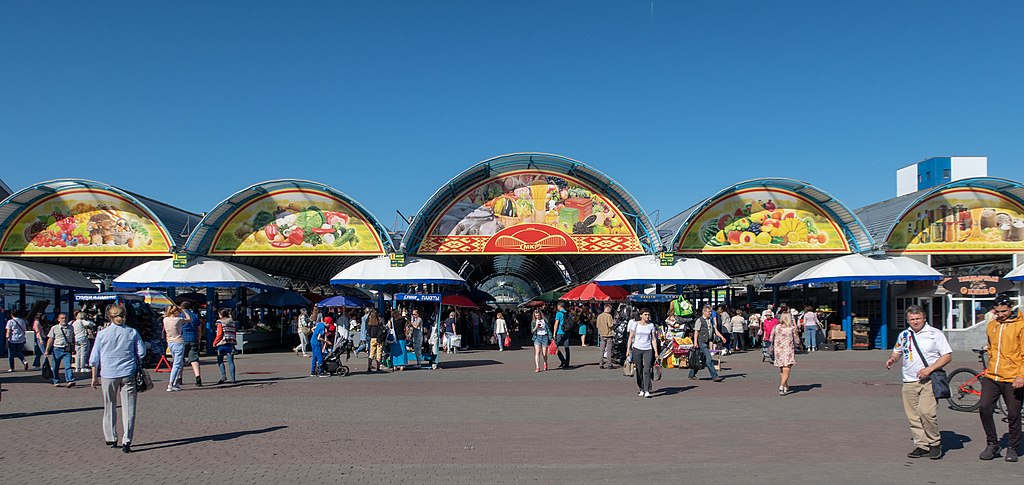Derogation of responsibility from the state to citizens and businesses in the social sphere
 The situation has not changed
The situation has not changed

Lukashenka intends to maintain personal power in the coming years, but social tensions are growing due to repression and lack of dialogue with opponents. The government expects to contain the growth of unemployment at the expense of the public sector and emigration, but economic problems are growing with an increase in bankruptcies. The authorities are forced to carry out pension reforms informed by international experience and improved collection mechanisms.
The authorities postpone election campaigning until early 2024. Parliamentary and local elections will be held in February 2024, followed by the election of the All-Belarus People’s Assembly. The Lukashenka regime still fears the mobilisation of its opponents in the event of a political campaign.
Although symbolic resistance actions continue, the authorities have managed to suppress protest and fully legal public and political activity inside Belarus. However, due to ongoing repression and refusal to engage with Civil Society, tensions are increasing with the radicalisation of rhetoric from opponents of the Lukashenka regime.
Security forces are pushing for the intensification of repressive legislation against political emigrants. The Council of the Republic is working on a bill on the deprivation of citizenship of Belarusians living abroad who are involved in “extremism”.
The ruling class increases expropriations from emigrants. Belarusbank has significantly raised the commission for some transfers from abroad.
Lukashenka intends to retain personal power. The head of state does not want to delegate authority to the government or transfer shares in state-owned business entities from republican to communal ownership.
Personnel rotation in the regions continues. Lukashenka views the main tasks of the government as maintaining a high level of employment and the political loyalty of the population.
The economic situation continues to deteriorate with an increase in bankruptcies. The government is expanding regulations on building materials and introducing a ban on the export of buckwheat and flour. The authorities have imposed sanctions on companies with foreign shareholders, pushing businesses to find ways to relocate and decline to invest. The loyalty of big business to the Lukashenka regime will likely decrease.
The departure of highly paid and qualified specialists abroad continues. Since 2022, more than 5,500 have “vanished” from the IT sector.
The government is forced to reform the pension system, but the level of support for the proposed reforms appears low. This may result from low confidence in state institutions and unconvincing arguments supporting the reforms, though the proposed changes should mitigate the crisis evolving in the pension system.
The ruling class demonstrates its readiness to reform the social sphere by derogating responsibility from the state to citizens and businesses.
Subscribe to our newsletter




Situation in Belarus
Constitutional referendum: main consequences


 Video
Video
How to count the political prisoners: are the new criteria needed?


 Video
Video
Paternalism In Decline, Belarusian Euroscepticism, And The Influence Of Russia


 Video
Video












